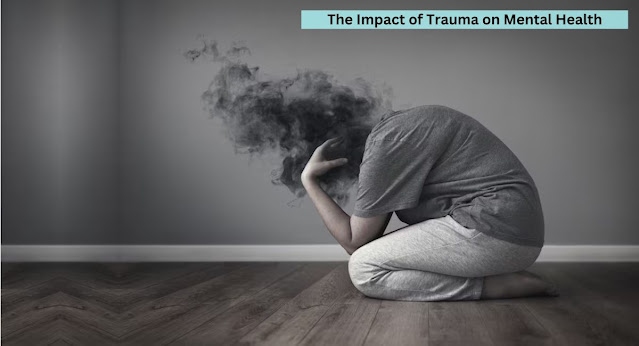The Impact Of Lifestyle Choices On Mental Health | Mental Health Care US
Introduction
Mental health is as important as physical health, and our lifestyle choices can significantly influence our emotional and psychological state. When we prioritize our mental well-being, we can experience greater overall happiness, increased productivity, and better relationships.
The Relationship Between Diet and Mental Health
Our diet plays a vital role in nurturing both our physical and mental health. Nutrient-rich foods like fruits, vegetables, whole grains, and lean proteins not only fuel our bodies but also provide essential vitamins and minerals that support brain function. Incorporating the best mental health diet i:e Omega-3 fatty acids, found in fish, nuts, and seeds, can reduce the risk of depression and anxiety.
Physical Activity and Mental Well-being
Regular physical activity is not only beneficial for our physical health but also has a positive impact on our mental well-being. Engaging in activities like walking, jogging, yoga, or dancing triggers the release of endorphins, often referred to as “feel-good” hormones. These endorphins help reduce stress and anxiety, improve mood, and promote better sleep.
Importance of Adequate Sleep
In today’s digital age, getting enough sleep can be challenging, but it is crucial for maintaining good mental health. During sleep, our brains process emotions and consolidate memories. Chronic sleep deprivation can lead to irritability, mood swings, and an increased risk of developing mental health disorders. Therefore, it is essential to establish a consistent sleep routine and create a sleep-friendly environment.
Managing Stress and Mental Health
Stress is an inevitable part of life, but how we manage it can significantly impact our mental health. Chronic stress can lead to a variety of mental health issues, such as anxiety and depression. Practicing relaxation techniques like meditation, deep breathing exercises, or mindfulness can help reduce stress levels and improve mental clarity.
The Role of Social Connections
Maintaining meaningful social connections is vital for our mental well-being. Strong social support systems can act as a buffer against stress and foster a sense of belonging and acceptance. Engaging in social activities, spending time with loved ones, and participating in community events can positively impact our mental health.
Limiting Screen Time
In today’s digital world, excessive screen time has become a common issue. Spending too much time on screens, whether it’s on smartphones, computers, or TVs, can lead to feelings of isolation, disrupted sleep patterns, and increased stress. Setting boundaries on screen time and finding alternative activities, such as reading, exercising, or pursuing hobbies, can greatly benefit our mental health.
Making Time for Relaxation
Seeking Professional Help
If you or someone you know is struggling with mental health challenges, it is crucial to seek professional help. Mental health professionals, such as therapists or counselors, can provide valuable support and guidance to navigate through difficult times.
Conclusion: Our lifestyle choices have a direct impact on our mental health. By making conscious decisions to prioritize a balanced diet, regular physical activity, sufficient sleep, stress management, social connections, and relaxation, we can significantly improve our overall well-being. Remember that mental health is a journey, and it’s okay to seek help when needed. Let’s embrace healthier lifestyle choices to foster a positive impact on our mental health and lead happier, more fulfilling lives.


Comments
Post a Comment